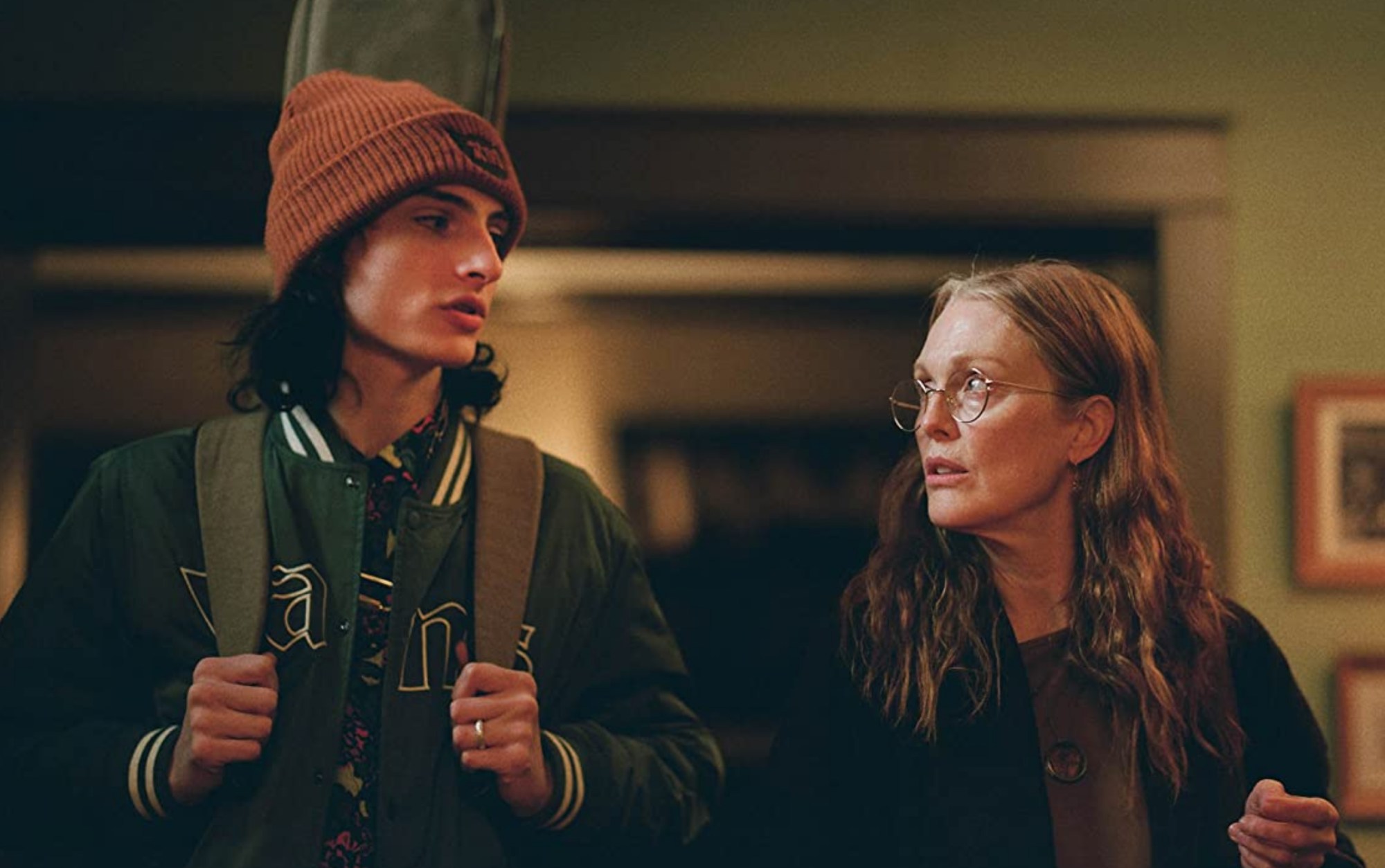
- Festivals
“When You Finish Saving the World” – A Reconciliation by Jesse Eisenberg
Jesse Eisenberg, best known for his leading role in The Social Network (2010) as Mark Zuckerberg, is turning into a budding film director. His debut When You Finish Saving the World came out of a natural progression from his playwriting: “On stage, you have a couch, four spoons and one dressing room,” he said jokingly in a live virtual Q&A at Sundance Film Festival, where the film premiered. This story required a little more than that. Luckily, he understood the feature film format “instinctively” from having worked in front of the camera for many years.
As an inexperienced filmmaker at the beginning of production, Eisenberg surrounded himself with talented and seasoned colleagues. Aside from a-list actors, he recruited Emma Stone – with whom he co-starred in Zombieland (2009) – her husband Dave McCary and their collaborator at Fruit Tree Alley, Ali Herting, as producers. A24 took on the production, “which seems irrationally geared towards making the movie [production] feel the most supported”.
The film deals with a dysfunctional mother-son relationship, played respectively by Julianne Moore and Finn Wolfhard (Stranger Things). While both take their work seriously – she at a shelter offering protection to victims of domestic abuse, and he as a young musician with a following on the internet – neither one is able to appreciate the other.
Evelyn (Moore) thinks of her son as an opportunistic youth who couldn’t care less about justice in the world – her own passion. Teenage Ziggy (Wolfhard), on the other hand, cannot understand how his mom could be obsessed with things that cannot be monetized, and overlook his stellar potential as a songwriter-musician. Meanwhile, both long for the other’s approval and affection, but they just cannot admit it to themselves or anybody else.
Behind the scenes, however, the actors had nothing but praise to offer. “He’s so facile,” said Moore about Wolfhard; “I think it’s rare that somebody his age has that much command and that much relaxation on-screen”. “I don’t want it to be like a compliment war…” Wolfhard chimed in, “[but] knowing that I could act with Julianne, who is, in my opinion, one of like the greatest living actors … that was incredible”.
At first glance, the film could be taken to be autobiographical. And it is, although the source of inspiration was not Eisenberg’s mother, but his wife. His mother-in-law ran a shelter in Indiana for 35 years, similar to the one depicted in the film, and Eisenberg had often volunteered there. “The movie was, in some ways, born of my inner conflict between art and social activism,” he explained. “These two characters are … the fight that I am constantly struggling within my own mind – they’re manifestations of that argument.”
When confronted with a question from an audience member who found his characters “purposefully unlikable,” Eisenberg defended them: “I guess I don’t even think about them in that way. I think these people are strong-willed people struggling to make sense of their world, given a somewhat rigid sense of their value structure”. In the end, he pointed out, what is lacking is only attention.
Mother and son are separated by unrealistic expectations and misplaced priorities. The remedy to their relationship is not in trying to mold the other in order to fit one’s liking but to simply accept the way things are. To open one’s eyes and ears, to see and to listen. “When you’re finished doing this amazing thing, just pay attention to that other person and see the value in their … own specific pursuits,” said Eisenberg, alluding to the film’s title.

